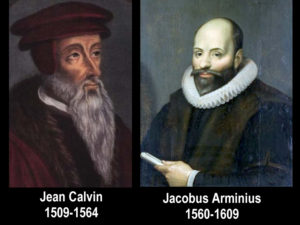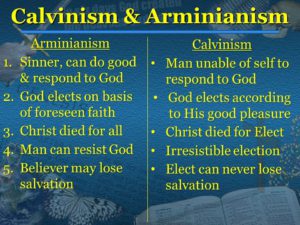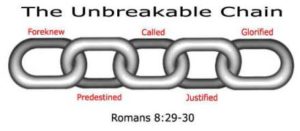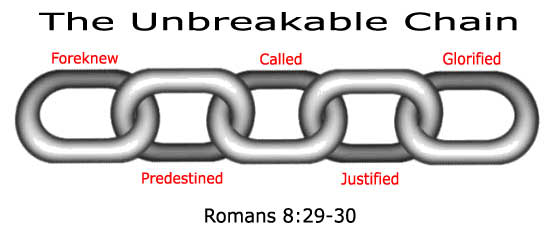
Received this question from a good Christian brother and friend –
Question:
So we should be a “Calminian” 😊!
Sorry, not trying to be flippant Bro Kam Weng. If we cannot fully understand it due to our finite minds trying to grapple with a divine mystery, I think it is ok agree to disagree and not let it divide us and certainly it should not be one side saying to the other “the gospel you preach is defective”.
Response: I fully agree with you that we must always bear in mind our limitations in the face of divine mystery. Humility is in order. Spurgeon notes that some Arminians display holiness that ought to put to shame Calvinists who turn out to be spiritually cold & legalistic. More importantly, both Calvinists & Arminians who believe in Jesus as Savior and Lord will be heaven & their rewards will be based on far more wider considerations than just doctrinal precision. Continue reading “Why not be Calminian (Three grains of Calvinism and two of Arminianism)?”




